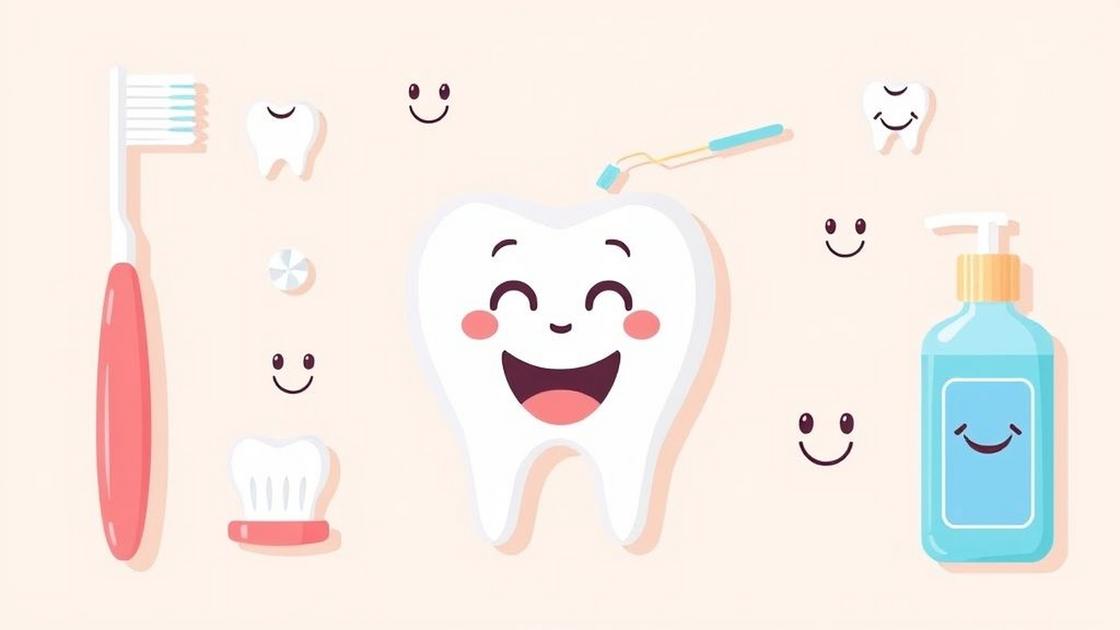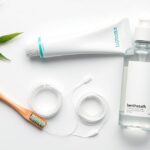Are you tired of dental visits and costly treatments? Home remedies for cavities without dentist services can offer you a natural, budget-friendly solution! Many women over 30 face dental challenges, but there’s hope with effective home treatments. In this guide, we’ll explore simple strategies to maintain oral health while minimizing trips to the dentist. Overcoming the silent struggle of tooth decay is possible with the right knowledge and care.
Understanding Cavities and Their Causes
Cavities, also known as dental caries, are damaged areas on your teeth caused by decay. When we consume sugary foods or drinks, bacteria in our mouths feed on these sugars and produce acids. These acids can erode the enamel, the tough outer layer of your teeth. Over time, if not addressed, this can lead to cavities.
Several factors contribute to cavities, including:
- Poor Oral Hygiene: Neglecting to brush and floss can lead to plaque buildup.
- Diet High in Sugars: Frequent consumption of sugary snacks and beverages boosts acid production.
- Dry Mouth: Saliva helps neutralize acids; without enough saliva, your teeth can suffer.
- Tooth Anatomy: Some people have grooves in their teeth that are harder to clean.
Understanding these factors can help you take proactive steps to protect your teeth.
The Role of Nutrition in Tooth Health
Your diet plays a crucial role in maintaining the health of your teeth. Foods rich in vitamins and minerals can support your dental health significantly. Here are some vital nutrients to consider:
- Calcium: Essential for strong teeth; found in dairy products, leafy greens, and almonds.
- Phosphorus: Works with calcium to strengthen teeth; found in proteins like meat, fish, and nuts.
- Vitamin D: Helps absorb calcium; obtained through sunlight and fortified foods.
- Vitamin C: Important for gum health; found in citrus fruits, strawberries, and bell peppers.
Incorporating these nutrients into your diet can reduce the risk of cavities and support overall oral health.
Effective Natural Remedies to Combat Cavities
When it comes to treating cavities naturally, several remedies can help manage the symptoms and potentially halt further decay:
- Clove Oil: Known for its antibacterial properties; can help relieve pain and may reduce bacteria in the mouth.
- Garlic Paste: Has antimicrobial properties; applying it to affected areas can help combat tooth decay.
- Turmeric: Contains curcumin, which has anti-inflammatory and antimicrobial effects; can be used as a toothpaste.
- Green Tea: Rich in antioxidants; can help reduce the growth of cavities-causing bacteria.
While these remedies may provide relief, they are not substitutes for professional dental care. It’s essential to monitor any symptoms carefully.
How to Strengthen Enamel at Home
Strengthening your enamel can help prevent cavities and protect your teeth from decay:
- Fluoride Treatments: Use fluoridated toothpaste and consider fluoride mouth rinses to enhance enamel strength.
- Avoid Acidic Foods: Limit foods and drinks like citrus fruits, vinegar, and sodas that contribute to enamel erosion.
- Chew Sugar-Free Gum: Stimulates saliva production, which helps wash away food particles and acids.
- Eat Hard Cheese: Dairy products like cheese can help neutralize acids in your mouth.
By incorporating these practices, you can maintain stronger enamel and lower your risk of cavities.
The Importance of Oral Hygiene Practices
Good oral hygiene is your best defense against cavities.
- Brush Twice Daily: Use a fluoride toothpaste and brush for at least two minutes each time.
- Floss Daily: Removes food particles and plaque from between the teeth.
- Visit Your Dentist Regularly: Regular check-ups can help identify issues before they become serious.
Maintaining these hygiene practices can significantly reduce your chances of developing cavities.
Essential Oils for Dental Care
Essential oils can be a natural addition to your dental care routine. Here are a few that might help:
- Tea Tree Oil: Known for its antibacterial properties; can help fight harmful bacteria in the mouth.
- Peppermint Oil: Not only freshens breath but also has antimicrobial properties.
- Oregano Oil: Contains carvacrol, which has been shown to reduce bacterial growth.
- Clove Oil: Beyond pain relief, it has strong antibacterial properties.
When using essential oils, ensure they are diluted appropriately and consult a professional if unsure.
Natural Mouth Rinses You Can Make
Making your mouth rinse at home is simple and can be more effective than store-bought options. Here are a few recipes:
- Salt Water Rinse: Mix 1 tsp of salt in a cup of warm water; helps reduce swelling and cleanse oral cavities.
- Apple Cider Vinegar Rinse: Mix 1 tbsp of ACV in a glass of water; it can help fight bacteria, but rinse afterward to avoid damaging enamel.
- Baking Soda Rinse: Mix 1 tsp of baking soda in water; neutralizes acids and freshens breath.
Use these rinses in moderation and monitor your teeth’s response.
Herbs and Spices That Promote Oral Health
Many common herbs and spices can have a positive impact on oral health:
- Mint: Not just for freshness, but it also has antiseptic properties.
- Cinnamon: Has antibacterial properties and can help fight cavities.
- Ginger: Known for its anti-inflammatory qualities; it can help soothe oral pain.
- Neem: Often used in traditional medicine for its antibacterial properties.
Incorporating these into your diet or using them in natural remedies can benefit your dental health.
Hydration and Its Impact on Teeth
Staying hydrated is crucial for maintaining good oral health.
- Saliva Production: Saliva helps neutralize acids in the mouth and aids in digestion.
- Flushing Out Bacteria: Proper hydration helps flush away food particles and bacteria.
- Preventing Dry Mouth: A dry mouth can contribute to a higher risk of cavities.
Remember to drink plenty of water throughout the day to keep your mouth healthy.
Taking Control of Your Dental Health Journey
Empowering yourself in your dental health journey means staying informed and proactive. Here are some tips:
- Educate Yourself: Understanding dental care and its impact can motivate you to maintain habits.
- Set Goals: Establish clear goals for your oral health, whether it’s brushing more regularly or reducing sugar intake.
- Share Your Journey: Connect with others who are also learning about dental health; sharing experiences can be motivating.
The journey to better dental health is very much achievable, and many women like you have found ways to improve their overall well-being by taking small, thoughtful steps.





